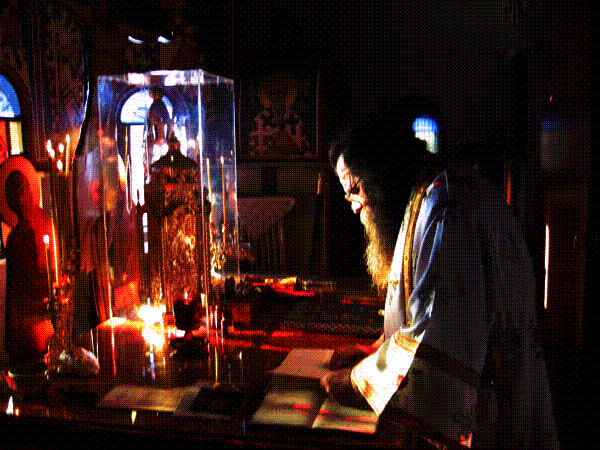
Holy Gospel of Jesus Christ according to Saint Luke 10:1-9.
Jesus appointed seventy-two other disciples whom he sent ahead of him in pairs to every town and place he intended to visit.
He said to them, "The harvest is abundant but the laborers are few; so ask the master of the harvest to send out laborers for his harvest.
Go on your way; behold, I am sending you like lambs among wolves.
Carry no money bag, no sack, no sandals; and greet no one along the way.
Into whatever house you enter, first say, 'Peace to this household.'
If a peaceful person lives there, your peace will rest on him; but if not, it will return to you.
Stay in the same house and eat and drink what is offered to you, for the laborer deserves his payment. Do not move about from one house to another.
Whatever town you enter and they welcome you, eat what is set before you,
cure the sick in it and say to them, 'The kingdom of God is at hand for you.'
Commentary of the day : Catechism of the Catholic Church
Timothy and Titus, successors of the apostles
The whole Church is apostolic, in that she remains, through the successors of St. Peter and the other apostles, in communion of faith and life with her origin: and in that she is "sent out" into the whole world. All members of the Church share in this mission, though in various ways. "The Christian vocation is, of its nature, a vocation to the apostolate as well." Indeed, we call an apostolate "every activity of the Mystical Body" that aims "to spread the Kingdom of Christ over all the earth" (Vatican II: AA 2).
"Christ, sent by the Father, is the source of the Church's whole apostolate"; thus the fruitfulness of apostolate for ordained ministers as well as for lay people clearly depends on their vital union with Christ. In keeping with their vocations, the demands of the times and the various gifts of the Holy Spirit, the apostolate assumes the most varied forms. But charity, drawn from the Eucharist above all, is always "as it were, the soul of the whole apostolate" (AA 3).
The Church is ultimately one, holy, catholic, and apostolic in her deepest and ultimate identity, because it is in her that "the Kingdom of heaven," the "Reign of God,"380 already exists and will be fulfilled at the end of time. The kingdom has come in the person of Christ and grows mysteriously in the hearts of those incorporated into him, until its full eschatological manifestation. Then all those he has redeemed and made "holy and blameless before him in love" (Eph 1,4), will be gathered together as the one People of God, the "Bride of the Lamb," "the holy city Jerusalem coming down out of heaven from God, having the glory of God." For "the wall of the city had twelve foundations, and on them the twelve names of the twelve apostles of the Lamb" (Rv 21,9-11.14).


No comments:
Post a Comment